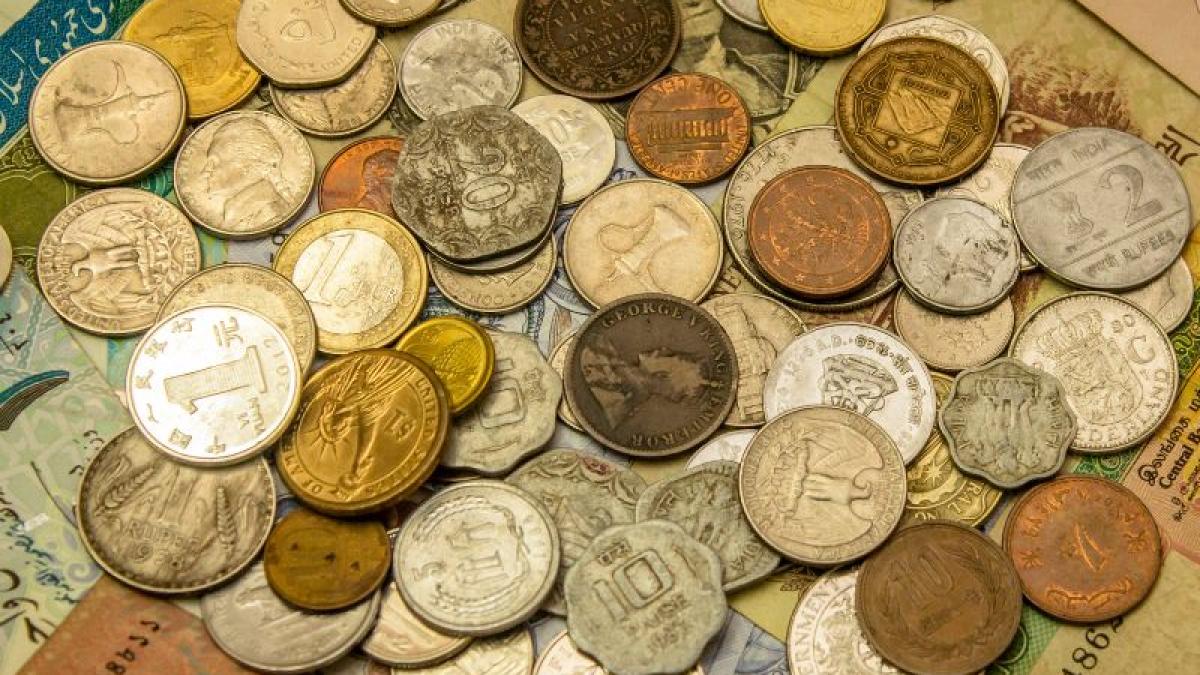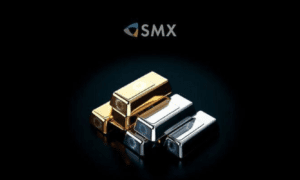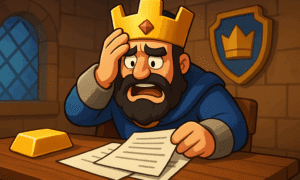There’s a certain intrigue that comes with discovering a forgotten jewelry box, a handful of old coins, or a few gold pieces tucked away in a drawer. Each item seems to carry a story, a whisper of the past mixed with the promise of something valuable. That curiosity often leads people to wonder what those treasures might truly be worth. Somewhere in that moment of excitement, it becomes easy to rush, to accept the first offer that sounds decent. But before making that decision, there’s one truth that stands out for anyone looking to sell their gold or coins: the value isn’t just in the metal or the mint, it’s in knowing how and where to sell them. That’s where trusted professionals like Houston Gold and Coin step in, offering insight and honesty when it matters most.
Selling gold and coins might sound simple, yet it often proves to be far more complex than expected. The process involves more than just weighing pieces or checking market rates. Each coin carries a history, and every gold item has its own craftsmanship, purity, and sentimental weight. Getting a fair price requires a mix of patience and understanding, along with the guidance of someone who truly knows what they’re looking at. A reliable numismatist or gold buyer isn’t there to make a quick deal but to ensure that sellers understand what they own and what it’s genuinely worth.
Understanding What You Have
The first and perhaps most important step is to know what’s in your hands. Gold and coins can vary drastically in value, even if they look similar. A coin from the 1800s could be worth significantly more than its gold content because of rarity, mint condition, or historical relevance. On the other hand, modern coins made from the same material might hold less collectible value. The same goes for jewelry: two gold rings can share the same shine, yet one may contain higher purity gold, making it more valuable.
When evaluating these items, look beyond appearances. Authenticity and condition are key. Scratches, wear, or improper cleaning can diminish a coin’s worth, while unique hallmarks, mint marks, or engravings might increase it. Taking time to research, compare, or have an expert evaluate your collection can make all the difference.
The Role of Numismatists
In the world of coins and precious metals, numismatists play a crucial role. They are trained specialists who understand the nuances of coin grading, authenticity, and historical value. They can differentiate between a common coin and a rare collectible with remarkable precision. More importantly, they approach each piece with the goal of uncovering its story and value, not just its market price.
Seeking the help of an experienced numismatist brings clarity to the process. Instead of guessing or relying on online estimators, sellers gain insight from someone who has spent years studying patterns, mint marks, and the subtle details that separate ordinary coins from exceptional ones. Their assessments often help prevent costly mistakes that come from undervaluing items or trusting inexperienced buyers.
Why Rushing Can Cost You
It’s easy to feel eager when the gold market rises or when a local buyer offers quick cash. However, rushing through the selling process often leads to disappointment. The truth is, markets fluctuate, and gold prices can vary daily. Timing matters, but understanding the true value of your items matters more. Selling without adequate knowledge might mean settling for far less than what your gold or coins are worth.
Patience can be a powerful tool in this process. Taking the time to compare offers, ask questions, and understand appraisals ensures that you’re not being pressured into an unfair deal. Remember, genuine professionals will welcome your curiosity. They’ll explain their evaluation, show transparency in pricing, and never push for a quick sale.
Finding a Trusted Buyer
Trust forms the foundation of any successful transaction involving valuables. Not all buyers operate with the same level of honesty or expertise. Some may offer appealing quotes but fail to explain how those numbers are determined. Others might focus only on the metal content, ignoring any collectible or historical significance.
When choosing a buyer, look for those with a solid reputation, transparent processes, and years of experience. Established businesses with verifiable credentials tend to have higher standards of integrity. Reading reviews, asking for recommendations, or visiting local trade associations can provide additional reassurance. The right buyer won’t just purchase your gold or coins, they’ll educate you about them.
Appraisals That Matter
An accurate appraisal goes beyond a casual glance or a quick scale reading. It involves examining purity levels, identifying mint years, checking authenticity, and sometimes even testing metal composition. Professional appraisers use advanced equipment to ensure precision, but they also rely on trained intuition built from handling thousands of pieces over time.
A proper appraisal provides more than a price, it gives context. It tells you why something is worth a certain amount and what factors could increase or decrease that value in the future. This kind of knowledge empowers sellers to make informed decisions rather than emotional or impulsive ones.
Common Mistakes to Avoid
A few missteps can easily turn a promising sale into a regrettable one. One common mistake is cleaning coins before selling them. While it may seem like a way to make them look better, it can actually reduce their value significantly. Collectors and experts often prefer items in their original state, even with tarnish or minor marks, because they represent authenticity.
Another frequent error involves trusting the first offer without comparison. Different buyers may evaluate the same item differently depending on their expertise or business model. Taking multiple appraisals not only helps verify the value but also builds confidence in your final decision.
Lastly, avoid selling under pressure. Whether it’s a sudden financial need or persuasive advertising, impulsive decisions rarely lead to fair outcomes. Taking a few extra days to verify, research, and reflect can mean a higher payout and a far more satisfying experience.
The Emotional Side of Selling
It’s easy to overlook the emotional layer of parting with gold and coins, especially when they carry family history or personal meaning. Selling something that once belonged to a loved one or represents a milestone can stir unexpected feelings. Balancing sentiment with practicality becomes important.
Approaching the process with awareness helps. Recognizing the value of memories while still seeking the right financial outcome keeps the experience positive. Some choose to keep one piece as a memento or photograph their collection before selling, allowing them to preserve the connection without losing the item’s worth.
How Market Trends Influence Value
The value of gold and coins doesn’t exist in isolation. It’s influenced by global economics, collector demand, and even cultural trends. Gold, for instance, often gains value during times of uncertainty when investors seek stability. Rare coins may surge in worth when a particular era or mint gains renewed interest.
Staying informed about these trends can help sellers time their sales wisely. Even though no one can predict markets perfectly, awareness creates an advantage. Reading reliable market reports or consulting professionals who follow these shifts can reveal opportunities that might otherwise be missed.
Turning Knowledge into Confidence
Knowledge turns what feels intimidating into something empowering. Understanding purity levels, grading scales, and appraisal techniques removes the mystery from selling valuable items. It also ensures that each step, from evaluation to final sale, aligns with both financial and personal goals.
Those who take the time to educate themselves often find that the process becomes smoother and far more rewarding. Instead of feeling uncertain or rushed, they approach the sale with assurance, knowing they’ve done everything possible to protect their interests.
A Thoughtful Ending
In the end, selling gold and coins is about more than exchanging metal for money. It’s about recognizing the worth of what’s been collected, cared for, or passed down through generations. It’s about making informed decisions that honor both the history of the items and the effort it took to acquire them.
By choosing honesty, patience, and professionalism, sellers can transform what could have been a stressful experience into a gratifying one. With the right guidance and a trusted expert’s support, those hidden treasures finally reveal their true value, both sentimental and financial, and that’s a reward worth waiting for.



































